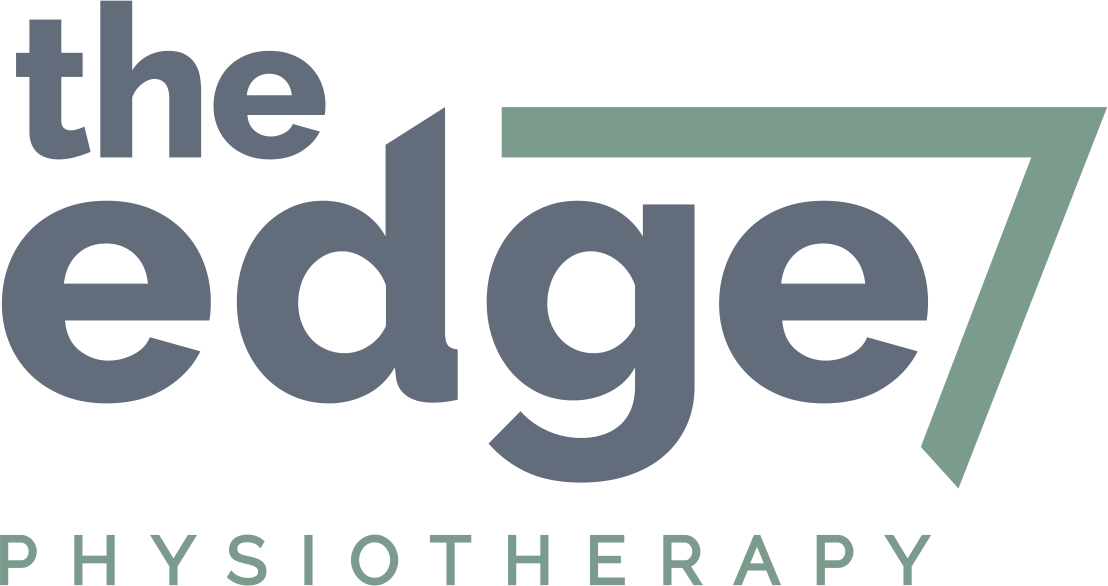Osteoporosis
Fractures in the extremities, because of a fall, are more common in patients with osteoporosis
Osteoporosis, you’ve heard of it and while you may not know the particulars it’s maybe something you associate with the elderly and more so with women perhaps? As we age, the risk factors for developing osteoporosis increases. It is a progressive disease (it gets worse overtime) that weakens bones making them more fragile. At a microscopic level we see a reduction in bone mineral density and where there was once healthy bone is now holes or a honeycomb appearance to bones. What this means is that the bone is not able to cope with external forces as efficiently as before and as such we are predisposed to fractures.
Risk factors for osteoporosis include:
chronic disease
certain medications eg. prednisone
Women are more likely to be diagnosed
menopause
altered hormone levels
gastric surgery
low body weight
Being over the age of 50
Being of Asian or Caucasian background
lifestyle habits: smoking, alcohol consumption, not exercising
Maternal family history of fractures (WHO)
Diagnosis
Osteoporosis is considered a ‘silent disease’ and you may not have any symptoms at all. You may be thinking how do I get tested or should I get tested? Any one of the risk factors as listed above is a reason to consider your bone mineral density. Having said this, if your healthcare provider has suggested an assessment then this is a good time to consider a screening test. Testing for osteoporosis is done with a bone mineral density test which is a simple x-ray.
How do we manage osteoporosis?
If you have been diagnosed with osteoporosis it is important to discuss your options with the healthcare provided who diagnosed you. Essentially the aims of therapy are to help to reduce further bone density loss and progression of the disease. We do this by using certain medications, engaging in healthy eating habits, maintaining a healthy body weight, altering lifestyle choices such as quitting smoking, and engaging in load bearing/resistance exercise. In addition, a reduction in falls risk is a massive element here to prevent further fractures that can have a life altering impact.
If you have been diagnosed with osteoporosis and want to discuss an exercise program including strength training and balance, visit Andy and myself at The Edge Physiotherapy for an assessment and treatment plan.
See you in the clinic
Sam and Andy

